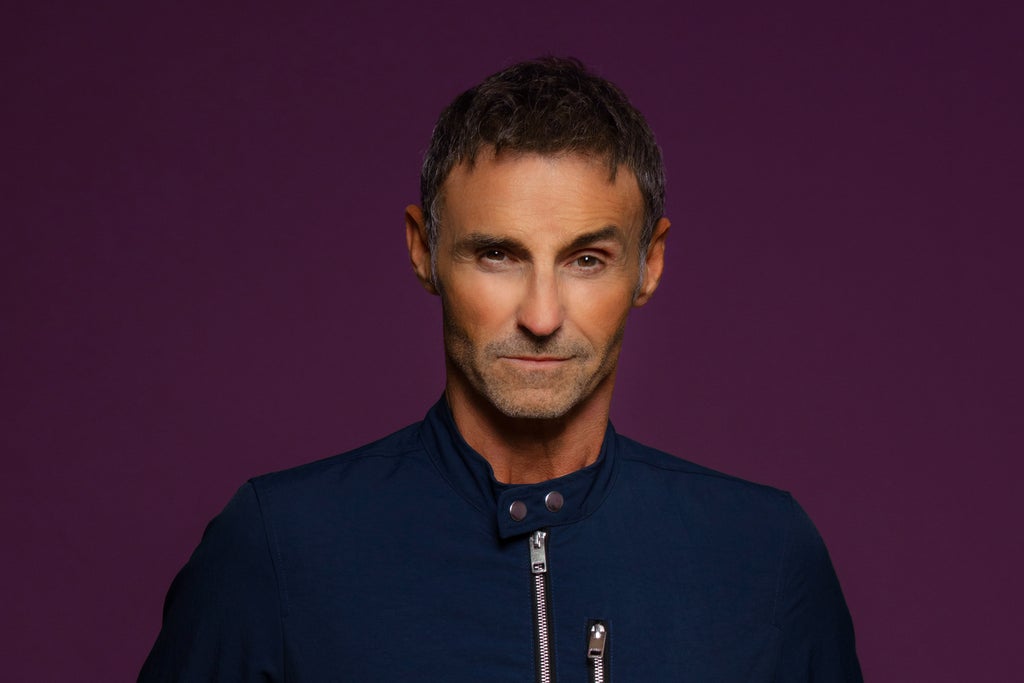-

Subscribe for updates from Jeru the Damaja to not miss the next gig
Sure, notify me
Jeru the Damaja live
Discover Manchester
-
What's interesting in Manchester?
Manchester has become one of the largest cities in Britain over the past hundred years. Although Manchester is a city with a very rich history, the main focus of its development has always been industry. The center is almost entirely furnished with warehouses and factory buildings, entangled with a network of canals and old railway bridges. It is quite natural that no one gave such kindness to the reduction of production: in the former shops now open fashionable bars, in factory warehouses - designer shops, and under the old bridges "settled" nightclubs. It was for the active nightlife of the city and got its middle name - Madchester.












